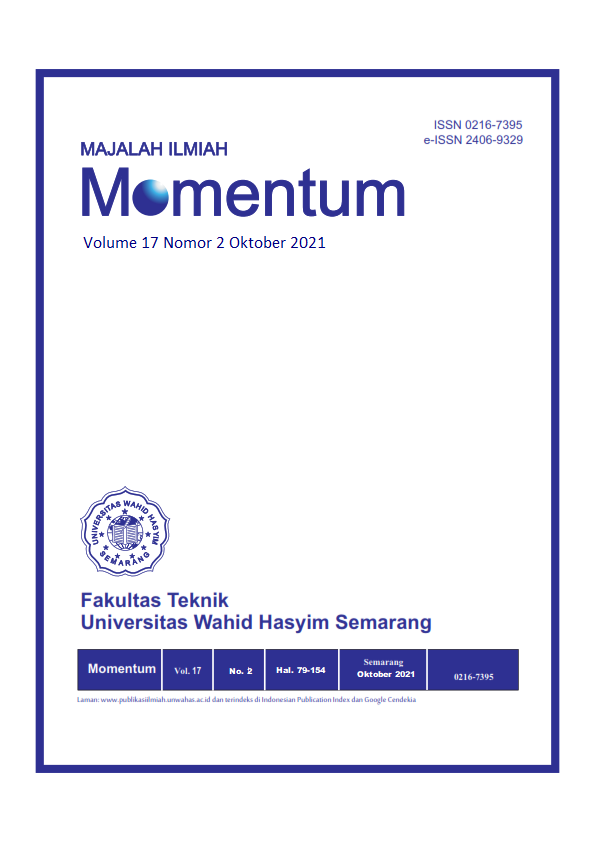Uji Eksperimental Pengaruh Temperatur Lingkungan Terhadap Kinerja Mesin Pendingin Refrigeran Hidrokarbon
DOI:
https://doi.org/10.36499/jim.v17i2.5307Keywords:
Refrigeran, R22, R290, COP, Temperatur lingkungan.Abstract
Refrigeran sintetik saat ini masih banyak digunakan untuk fluida kerja mesin pendingin. Pemanasan global merupakan salah satu dampak negatif dari penggunaan refrigeran sintetik. Salah satu alternatif yang dilakukan untuk menanggulangi hal tersebut adalah dengan menggunakan refrigeran alami. Sebagai contoh penggunaan hidrokarbon, propana dan isobutane sebagai pengganti CFC-12, sedangkan pengganti HCFC 22 adalah jenis propana. Penelitian ini bertujuan untuk mengetahui kinerja pengaruh penggantian refrigeran sintetis dengan refrigeran alami, metode yang digunakan yaitu melalui percobaan secara eksperimental pada sebuah air conditioner (AC) dengan cara, mengganti refrigeran R22 dengan R 290. Selain itu, variabel lain yang digunakan dalam penelitian ini adalah temperatur dan kelembapan udara lingkungan. Temperatur udara lingkungan diatur pada keadaan 28°,30°C,dan 38°C. Dari hasil penelitian didapatkan coefficient of performance (COP) akan semakin turun seiring dengan peningkatan temperatur lingkungan.
References
Refrigerant Data Summary. Engineered systems. https://elibrary.ru/item.asp?id=4320825
Powell, R. L. (2002). CFC phase-out: Have we met the challenge? Journal of Fluorine Chemistry, 114(2), 237–250. https://doi.org/10.1016/S0022-1139(02)00030-1
Pramudantoro, T. P. (2017). Pengaruh Variasi Massa Pengisian R290 Sebagai Refrigeran Pengganti R22 Pada Kinerja Freezer. ReTII. https://journal.itny.ac.id/index.php/ReTII/article/view/652
Tanaka, I. R., Fajar, B., Utomo, T. S., & Yohana, E. (2018). Experimental Study Performance R-22 AC Split Retrofitted With Propane. 02021, 1–6.
Downloads
Published
Issue
Section
License
Authors who publish with this journal agree to the following terms:
The journal allow the authors to hold the copyright without restrictions and allow the authors to retain publishing rights without restrictions.
Authors retain copyright and grant the journal right of first publication with the work simultaneously licensed under a Creative Commons Attribution License that allows others to share the work with an acknowledgement of the work's authorship and initial publication in this journal.
Authors are able to enter into separate, additional contractual arrangements for the non-exclusive distribution of the journal's published version of the work (e.g., post it to an institutional repository or publish it in a book), with an acknowledgement of its initial publication in this journal.
Authors are permitted and encouraged to post their work online (e.g., in institutional repositories or on their website) prior to and during the submission process, as it can lead to productive exchanges, as well as earlier and greater citation of published work (See The Effect of Open Access).

This work is licensed under a Creative Commons Attribution 4.0 International License.

